Pool Accidents
Pool Accident Liability in Gwinnett County
While most think of the pool as a relaxing place to spend a hot Georgia summer afternoon, the fact is that swimming pool accidents and injuries are all too common and, unfortunately, can be quite serious. Fortunately, though, state law provides an avenue through which victims can get compensation if another party is to blame or contributed to the accident. Attorney John Morrison can help you prove pool accident liability in Gwinnett County. Call 770-951-8900 today.
The Law on Swimming Pool Ownership and Liability
The owner or manager of a swimming pool – whether privately owned or publicly owned – owes a duty of care to those using the pool. And if there are lifeguards present, they owe a duty of care to swimmers too. If the owner or a lifeguard breached that duty of care and caused or contributed to an accident, they can be liable for the injured person’s damages.
In evaluating negligence and liability in your claim, you may have to address the following questions.
Did the injured party have a right to use the pool?
The first question asked in any swimming pool injury case is whether the injured party was invited to use the pool. The invitation may be direct (an invitation to a pool party, for example) or implied (access to a community or public pool).
If the injured person did not have an invitation to use the pool, recovering compensation may be more difficult, but it does not automatically mean that there is no cause of action. For example, if a child was not invited to use the pool but did so anyway, the swimming pool owner has a legal obligation, known as the attractive nuisance doctrine, to keep the pool inaccessible, such as by both fence and a gate.
If a child was involved, who was responsible for supervising him?
Second is the question of who was responsible for watching your child. If there was a lifeguard present, was she properly trained and were there enough lifeguards present for the number of people in the pool? Sadly, many young lifeguards are too inexperienced and untrained to identify problems.
In other cases, a parent or other adult may be responsible for supervising the child using the pool. Failure to do so properly may leave that party liable if the child suffers an injury.
Was the pool drain defective?
The Virginia Graeme Baker Pool and Spa Safety Act regulates the drain and suction mechanisms of swimming pools. If a public pool does not have both an industry standard drain cover and a second “anti-entrapment” system installed, the owner may be liable.
We will evaluate the drain and other equipment if you believe it contributed to the accident. This may even involve working with industry experts to evaluate the equipment.
Was the pool owner otherwise negligent?
Swimming pool dangers include anything from slippery pool decks and unsafe ladders to electrical defects in pool lights and a lack of lifesaving equipment. We will evaluate the full circumstances of the accident. We will evaluate whether proper signage was present to warn pool users of potential dangers, whether the pool owner properly maintained the pool, and more.
Get Help From The Law Offices of John Morrison
Drowning is the second largest cause of death for children between one and 14 years of age, reports the CDC, and the single largest cause for children under four. In addition, for every child who drowns in a pool accident, another four suffer a serious submersion injury needing emergency care.
So if you are struggling with a pool accident that you suffered or that someone you love suffered, then you are certainly not alone. Contact the Law Offices of John Morrison at 770-951-8900 for a free consultation regarding liability for your accident.
